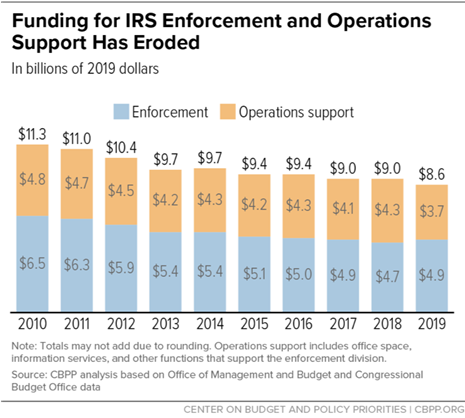Good piece from @Pat_Garofalo on #OZs. Quick thread on why this is important. /1
https://twitter.com/Pat_Garofalo/status/1181540517705850881
It's not *necessarily* a bad thing for an area w/a sports stadium to be designated as an OZ. There could, of course, be high poverty in such areas, and those folks could benefit from government intervention. /2
The issue, as I’ve noted, is lack of targeting. Without adequate restrictions in the statute/regs, nothing prevents a situation where all OZ $$ in these zones enriches already-wealthy teams & owners/investors, w/o benefiting low-income residents. /3
https://twitter.com/jacsamoby/status/1168911565887803392
Because governors had discretion to designate OZs, there’s also a risk that govs made choices for political reasons – e.g. to reward supporters or benefit donors w/planned investments in those areas. New study suggests that might be true for some OZs. /end
papers.ssrn.com/sol3/papers.cf…
papers.ssrn.com/sol3/papers.cf…
• • •
Missing some Tweet in this thread? You can try to
force a refresh







